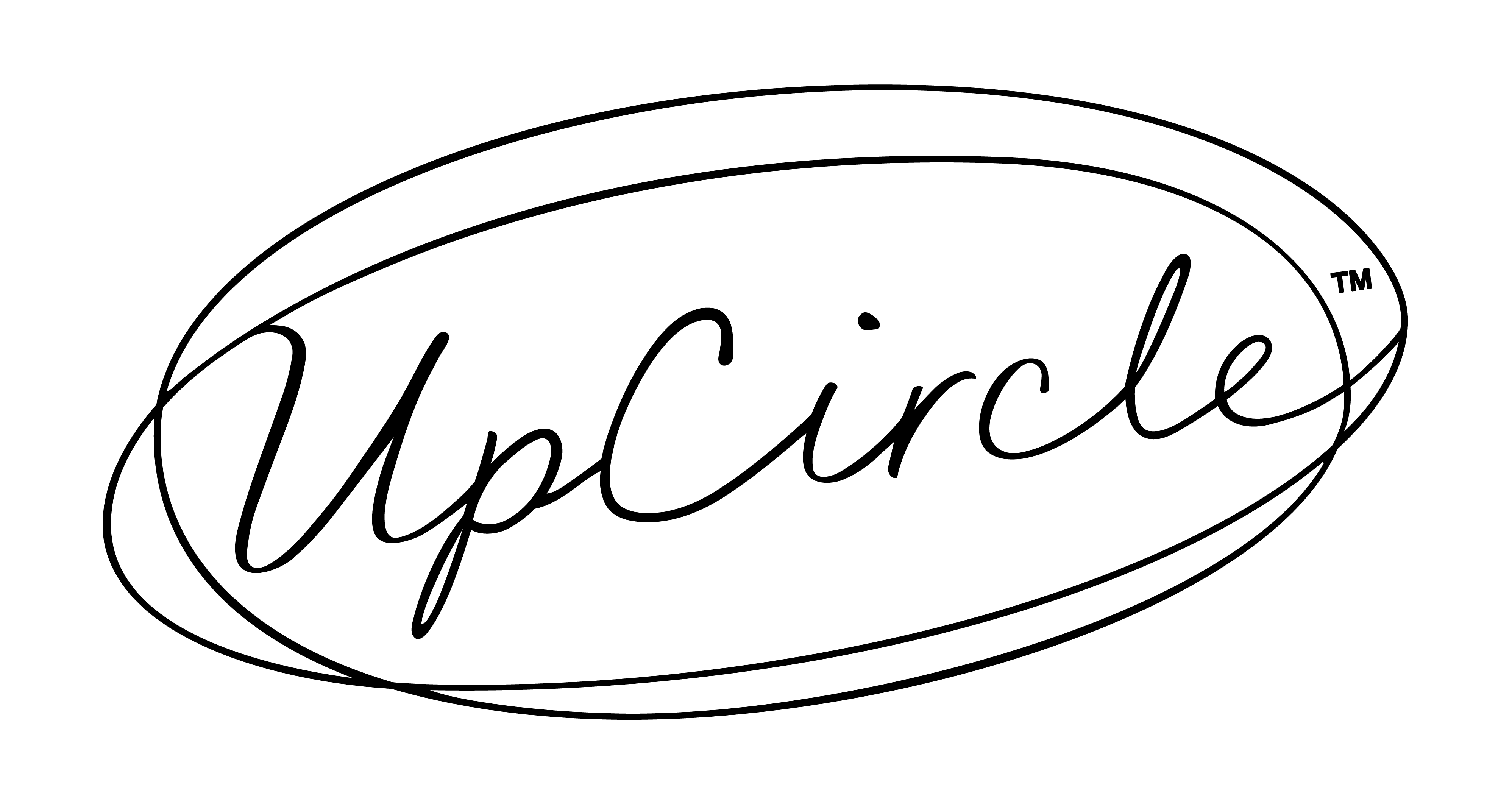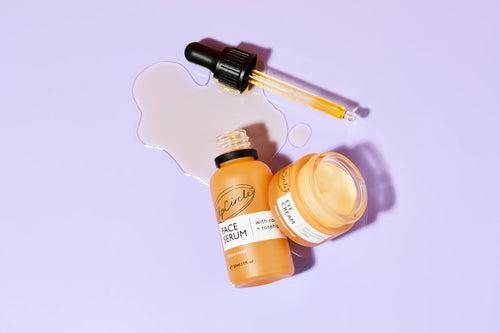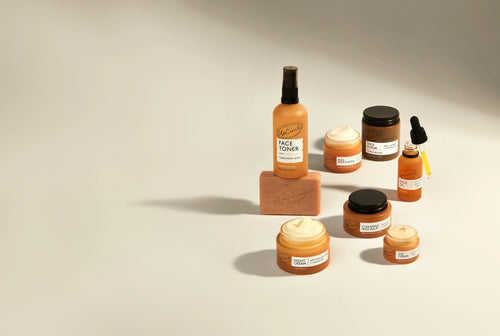Your skin is miraculous. Acting as a whole-body shield, it does an incredible job of protecting you against the not-so-good bits of your environment. In the modern world, those parts largely come down to air pollution. Although your skin is a remarkable barrier, how can you help to minimize the effects of pollution on your skin?
Why you need to know about the effects of pollution on skin
All of your body needs TLC, but perhaps the parts which need your attention the most, are those areas which do the most significant jobs. Given your skin is your body’s largest organ, totalling around two square metres it definitely deserves your attention, right?
Add to this the fact that your skin is your protection against outside forces. For those living in urban environments, your skin has even more work to do. Given that 92% of us globally live in cities which don’t comply with WHO air quality standards, that’s a lot of us who need to know how pollution affects skin and what we can do about it.
But, the great news is that we can do something about it. We can give our skin the TLC it needs to thrive and be healthy in a polluted environment. We can even learn how to protect skin from sun and pollution naturally, without putting more chemicals in.
Air Quality vs Your Skin
In towns and cities, the air around you contains a heady mixture of “traffic fumes, cigarette smoke and UV light [which] can leave the complexion more susceptible to irritation, rashes, eczema and breakouts.”
If you want to get technical about it, those irritants go by some fancy acronyms: UVR (ultraviolet radiation), VOCs (volatile organic compounds), PAHs (polycyclic aromatic hydrocarbons), NOx (nitrous oxides), PM (particulate matter) and all sorts of others.
Mostly, your skin does a mighty fine job of dealing with these irritants. However, unsurprisingly, the greater the exposure, the more help your skin could do with. This is because these irritants gradually result in free radicals running a merry romp over your skin, working diligently to damage its protective shield. The lipids and collagen in your skin, which are there to keep things hydrated, flexible and balanced, start to run out of puff. It’s this that can make your skin start to look dull, have an outbreak of spots, lack glow or have dry patches, as well as show increased signs of ageing.
However, with the right pollution protection skincare, you can help your skin keep its shield up more powerfully than Captain America.
And you can do it naturally.
How to protect skin from sun and pollution naturally
It makes sense to consider the effects of the sun on your skin too here. Best to be armed and ready with the most effective approach to your skincare overall.
When it comes to the sunshine, it’s all about balance. Your skin does a frankly amazing job of converting the sun’s rays into vitamin D, needed for a healthy immune system. However, too much sun exposure, especially to the degree of burning, isn’t good. So to balance your health and skin needs, there’s no harm in getting some sun exposure away from the middle of the day. Just make sure that you wear a good SPF. To add a further level of protection, wear beautiful floaty cotton clothing and wide-brimmed hats. Your skin will thank you.
When it comes to pollution, try to take a more active approach and look at pollution protection skin care regimes. It all comes down to falling deeply in love with your cleansing routine, and remaining committed to it.
Cleansing away pollution and arming your skin each day
Cleansing away the pollution that your skin is exposed to as an urban dweller is your best solution. This is particularly important in warmer weather, when the sun and pollution fall into a summer-loving relationship and intensify one another.
An urban dweller’s night time skin routine
Each evening, when you shrug off the day, it’s time to indulge in a night time cleansing routine – washing away the cares of the day, make-up and SPF products, pollution and particulate matter.
Try to pick a cleanser that is naturally rich in antioxidants which will help to diminish the effect of free radicals. Our Cleansing Face Balm is brilliant at the job as it’s jam-packed with vitamin E; a natural by-product of the apricot stones used to make it. It’s perfect for breaking down the sweat and any oils on the skin that can harbour pollutants.
Then consider moving onto a water-based cleanse such as Chai Soaps. Going a little deeper, these are naturally exfoliating and will help to cleanse pores and purify the skin. At this stage it’s wonderful to slow down and spend some time massaging your face for a really deep and relaxing cleanse.
Lastly, before hopping into bed, a naturally moisturizing serum, such as the Organic Face Serum with Coffee Oil, can help to hydrate and brighten your skin, allowing it to recover from the day whilst you have your beauty sleep. This serum is also rich in vitamin C from rosehip and sea buckthorn oils, another antioxidant which helps your skin to rejuvenate.
An urban dweller’s morning skin routine
In the morning, it’s good to think about helping the shielding properties of the skin. You don’t need to do quite so much cleansing in the morning, however, a quick cleanse is a refreshing way to start the day.
Your focus now turns to hydration and strengthening your skin, ready for the day ahead. Our Face Moisturizer is a fabulously uncomplicated daily moisturizer suitable for all skin types. Once again, vitamin E takes center stage here, as it’s made with discarded argan shells as well as cocoa butter and aloe vera.
Your urban skin
There’s no reason why, with a little TLC, you can’t reduce the effect of pollution on your skin. You simply need to understand what your skin is facing, and what it needs, to be the best shield it can be.
If you’re looking for everything you need for pollution protection skin care, then spoil yourself with the skincare collection for sensitive skin.







